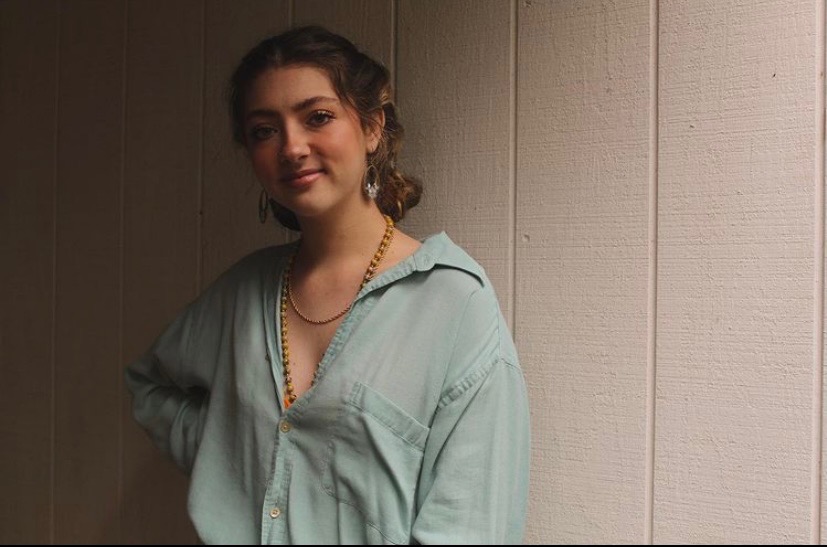Tumultuous is one word of many that would describe how 2020 started and would end. A world ravaged in a once in a century health crisis, a movement for civil justice, and an election fueled by two candidates who were unparalleled to one another in every way shaped 2020. The election was the thread that somehow tied all of these events together.
Many firsts would emerge after the long four day wait for the official election results, including the first female vice president, the highest number of votes cast in a presidential election and the highest voter turnout seen to date. Closer to home, the election marked only the beginning of the race for Georgia’s Senate. After a tight race, no candidate was able to hold a majority of the vote. This inducing another two months of campaign time to get the vote and claim the two senate seats for the state. Behind the scenes, a new group emerged that would help turn Georgia into a blue state for the first time since 1992: college students.
First time voter, Emma DiPuma, a sophomore at the University of Georgia, helped affect this change through her work with Public Citizen, a non-partisan organization to get out the vote in Georgia for the fall 2020 election. A native to Rome, GA., she watched optimistically as her state flipped overnight, giving her a newly refurbished optimism after a long election cycle that had most people counting down the days until the election ended. As it became evident there would be a Senate runoff, work began for helping to reignite the momentum for getting voters back to the polls on Jan. 5.
The Senate election had a lot at stake, especially for progress with actions such as healthcare, minimum wage, and climate change.
“Progressive politics is so important right now and I was especially interested in their work with climate legislation,” says Emma. “I’m currently getting a B.S. in Environmental Geography with plans to work in science policy. Having the opportunity to work with an organization [Public Citizen] that has people doing exactly what I want to do was super cool and made me more confident in my plans.”
While the internship was remote, there was no shortage of work to be done. The youth vote was on the radar of many of the candidates running. Politicians can campaign anywhere, but no one knows a place more than the people who live there. Emma focused most of her work on the campus community at UGA.
“We used a variety of different methods but the most successful one for me was doing class raps,” says Emma. “This involved reaching out to hundreds of professors in all different departments and asking for five minutes of their class time to talk to their students about voting in the election.”
In addition to speaking directly to her classmates, she used outlets like social media to reach out to her peers. Public Citizen wanted to advocate helping young people learn from others who are their own age. Social Media has become one of the most pragmatic tools for political work. Young people, who hold a strong online presence, are especially susceptible to being able to use platforms such as Instagram to share their voice. Other methods were also helpful for getting out the word to the community such as phone calls, postcards and flyers.
“Part of our internship was reaching out to neighborhoods where the general population is people of color since those areas are heavily targeted by voter suppression,” says Emma. “With these communities, I reached out by doing phone banking events and also writing postcards as well.”
Many organizers believe that the election brought a new outlook that hard, grassroots work will be laid out for future elections. Emma says that she saw this same outlook once the election was over and she could finally see what all her hard work had accomplished.
“I didn’t see much of an impact until after the election was over. During the process, it was disheartening because I felt like all I was doing was annoying people with the information they’d heard a million times already,” says Emma. “But once voting started and the turnout numbers were even higher than they were during the general election, there was a cool moment where I realized that I helped that happen.”
Emma is already looking to the future with plans to continue the work she started. Her experience allowed for growth, pushing her out of her comfort zone and helping prepare her for her career.
“At some point, we need to transition into electing younger representatives so that the elected officials are part of the demographic they’re representing,” says Emma. “We need policies that focus on the future rather than on the present and to do that we need representatives who are looking into the future themselves. For this to happen, young people need to get to the polls and need to educate themselves on voting.”
You may also like
-
UWG’s Ingram Library Hosts Pop-Up Study Spot to Help Students Prepare for Finals Week
-
UWG Offers Mental Health Support And Academic Services To Maintain Student Success During Finals Week
-
UWG Alumnus Shares His Experience Exploring the Underground Flood Channels of Las Vegas
-
Georgia Students Simulate the Struggles of Dementia
-
UWG PR Students Score a Georgia Power Tour at Atlanta Corporate Office
